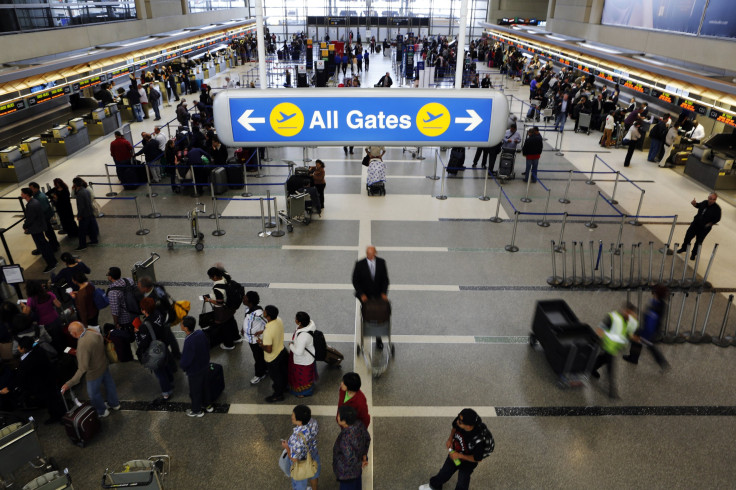Norwegian Air (NAS) Could Be Banned From America After Allegedly Flouting Labor Laws [CORRECTION]

A previous headline on this story should have indicated that labor laws may have been violated and not 'were violated'.
Amidst all the success that Norwegian Air Shuttle AS (OSLO:NAS) has been having over the past year, a 16 percent increase in traffic, 300 aircraft on order and brand-new routes to Asia and the U.S., there is one issue that could see the airline banned from American airports.
The Air Line Pilots Association (ALPA) contests that Norwegian Air has been taking advantage of a loophole that allows them to set up a subsidiary company in Ireland that pays air pilots and air crew far less than those working for the parent company, allowing them to be more cost-efficient and competitive.
ALPA and The American Federation of Labor-Congress of Industrial Organizations (AFL-CIO) have both requested that the Department of Transportation block the airline from entering the U.S. market.
"Norwegian Air International was clearly designed to attempt to dodge laws and regulations, starting a race to the bottom on labor and working conditions," ALPA President Lee Moak said. "If successful, the company would gain a serious and unfair economic advantage over U.S. airlines in the competition for the business of international passengers flying to and from the United States. This exploitation of the laws intended to prevent labor-law shopping cannot be allowed to stand."
Norwegian Air has denied this claim, saying that ALPA, which represents around 50,000 pilots in Canada and the U.S., should obtain “some facts about Norwegian, our operation and strategy before presenting false statements about a company they obviously don't know much about."
However, it’s unlikely that the DOT can do anything about the issue, due to the Open Skies Agreement that allows airlines from the EU and the U.S. to fly back and forth without restriction.
According to ALPA, Norwegian Air is implementing the same rules that undermined the U.S. maritime industry. A vessel is registered in a different country from its ownership and therefore can apply that country’s law to its operation – usually a country with the weakest labor, tax laws and regulations.
© Copyright IBTimes 2024. All rights reserved.












